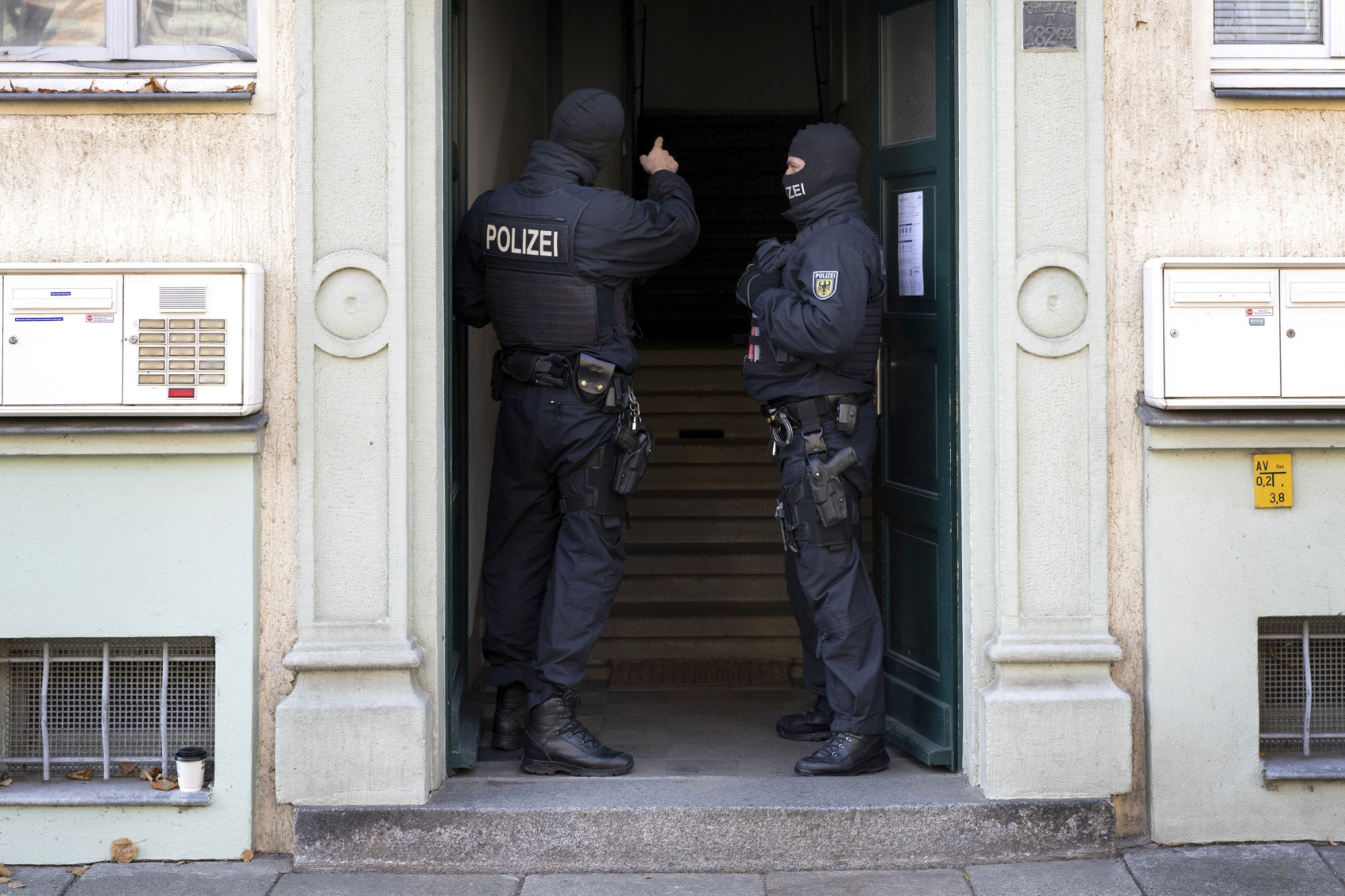Far-Right Plot in Germany Unveiled: Arrests Made
In a significant crackdown, German authorities have apprehended eight members of an extremist group, uncovering their alarming plans and illegal activities. This critical operation involved multiple countries.
Published November 07, 2024 - 00:11am

Image recovered from japantoday.com
In a striking exhibition of law enforcement's increased alertness to the rising threat of far-right extremism in Germany, eight members of a suspected militant neo-Nazi group have been apprehended. The group, known as the Saxonian Separatists, allegedly conspired to collapse the democratic structure of Germany in parts of the eastern region and reinstate an order inspired by early 20th-century National Socialism.
Operating under the belief that a collapse of the German state was inevitable, the group intensified its activities since its founding in 2020. This clandestine outfit, comprising roughly 15 to 20 individuals, is accused of orchestrating detailed plans for seizing control of regions like Saxony and potentially extending their influence to other eastern states.
The apprehended suspects, some of whom are reportedly minors, engaged in extensive paramilitary training. These sessions involved learning urban warfare techniques, handling firearms, and acquiring military gear such as camouflage attire, combat helmets, gas masks, and bullet-proof vests. These activities point to a level of preparedness that surpassed initial concerns.
This major operation saw coordinated efforts across Germany and Poland, leading to the arrests in locations including Leipzig, Dresden, and Poland's Zgorzelec. Key operations involved more than 450 officers, highlighting the severity and complexity of the situation. The crackdown also included searches across 20 properties associated with the group.
Justice Minister Marco Buschmann described the arrests as a vital victory in maintaining Germany's democratic integrity. He emphasized that the threat from such extremist factions is multifaceted, demanding vigilance and proactive measures to protect liberal values.
The far-right group's ideology is steeped in racist, antisemitic, and partially apocalyptic views. This mindset underscores a troubling refusal to accept Germany's liberal democratic framework. Instead, they harbor the perspective that an unavoidable societal collapse is close at hand, sparking their preparations for a 'day of reckoning.'
High-profile political figures were quick to react. Interior Minister Nancy Faeser lauded the speed and efficiency of the law enforcement response, underscoring the danger posed by such heavily armed right-wing radicals. This development comes amid ongoing scrutiny and action against similar extremist groups within the country, highlighting a sustained effort by German authorities to dismantle potentially violent organizations before they can execute their plans.
Interestingly, these events unfold amid a backdrop of increasing political support for far-right ideologies within the region. The controversial Alternative for Germany (AfD) party, claiming no affiliation with the group, disavowed extremist elements within its ranks upon news that one of the detainees might be a local AfD politician. The party emphasized its commitment to democratic principles, though the incident raises questions about extremist influences within its periphery.
Furthermore, among those detained were individuals reported to have links to the Junge Alternative, the youth wing of the AfD, reinforcing concerns about radicalization among younger populations. This instance heightens awareness of the extent to which extremist factions might infiltrate political structures, thereby complicating the broader landscape of domestic security in Germany.
The broader implications of this situation reflect a longstanding and challenging battle against right-wing extremism in German society. Recent reports indicate an uptick in the number of identified right-wing extremists in the country, underscoring an urgent need for continued vigilance and enforcement.
Germany's concerted actions reflect its acknowledgment of the ongoing threat. It serves as a poignant reminder of the significance of maintaining robust security measures and legal frameworks capable of responding to such threats effectively. This saga exemplifies the inherent balancing act faced by a nation seeking to preserve its democratic values while contending with historical and emerging challenges.







